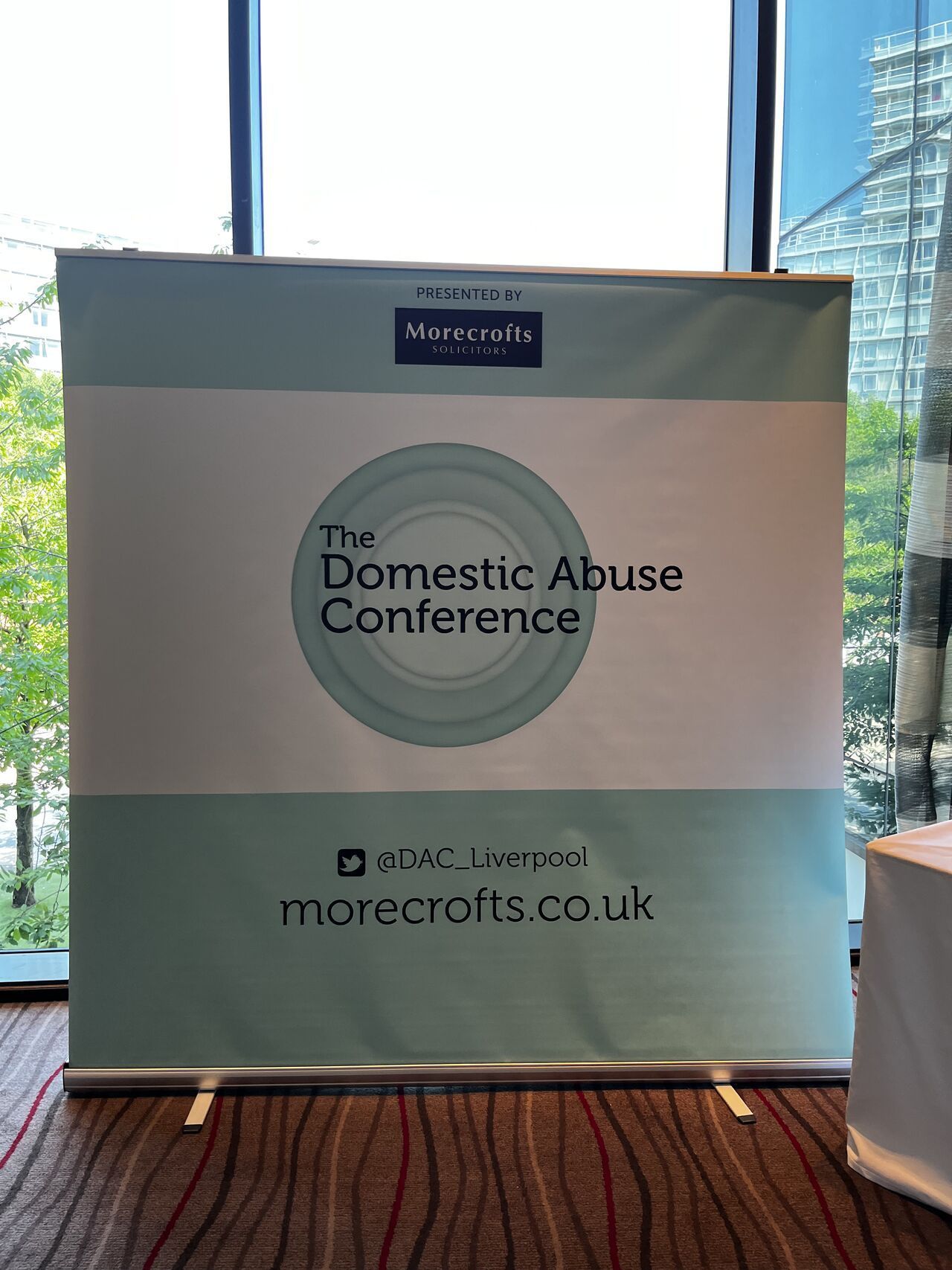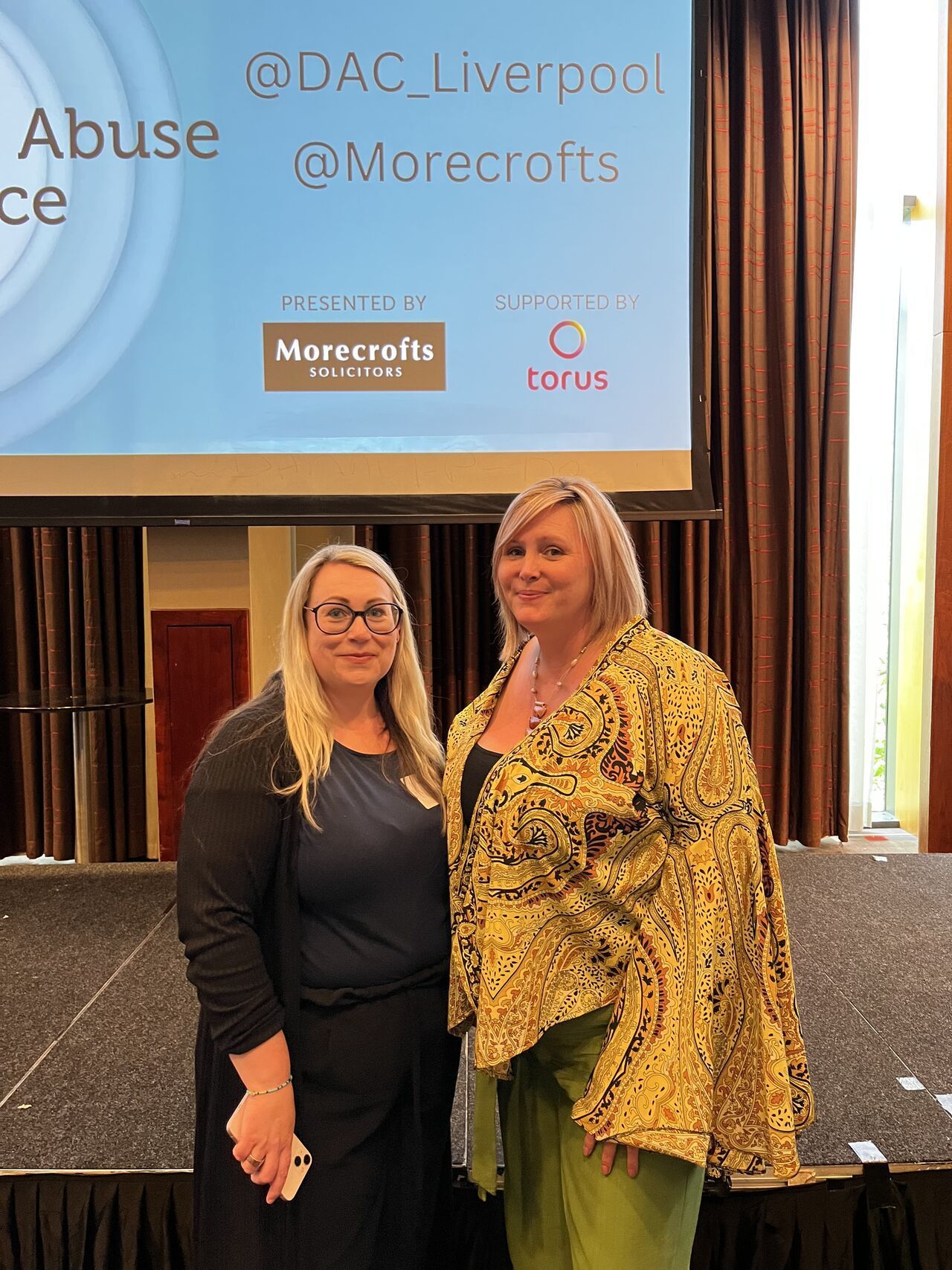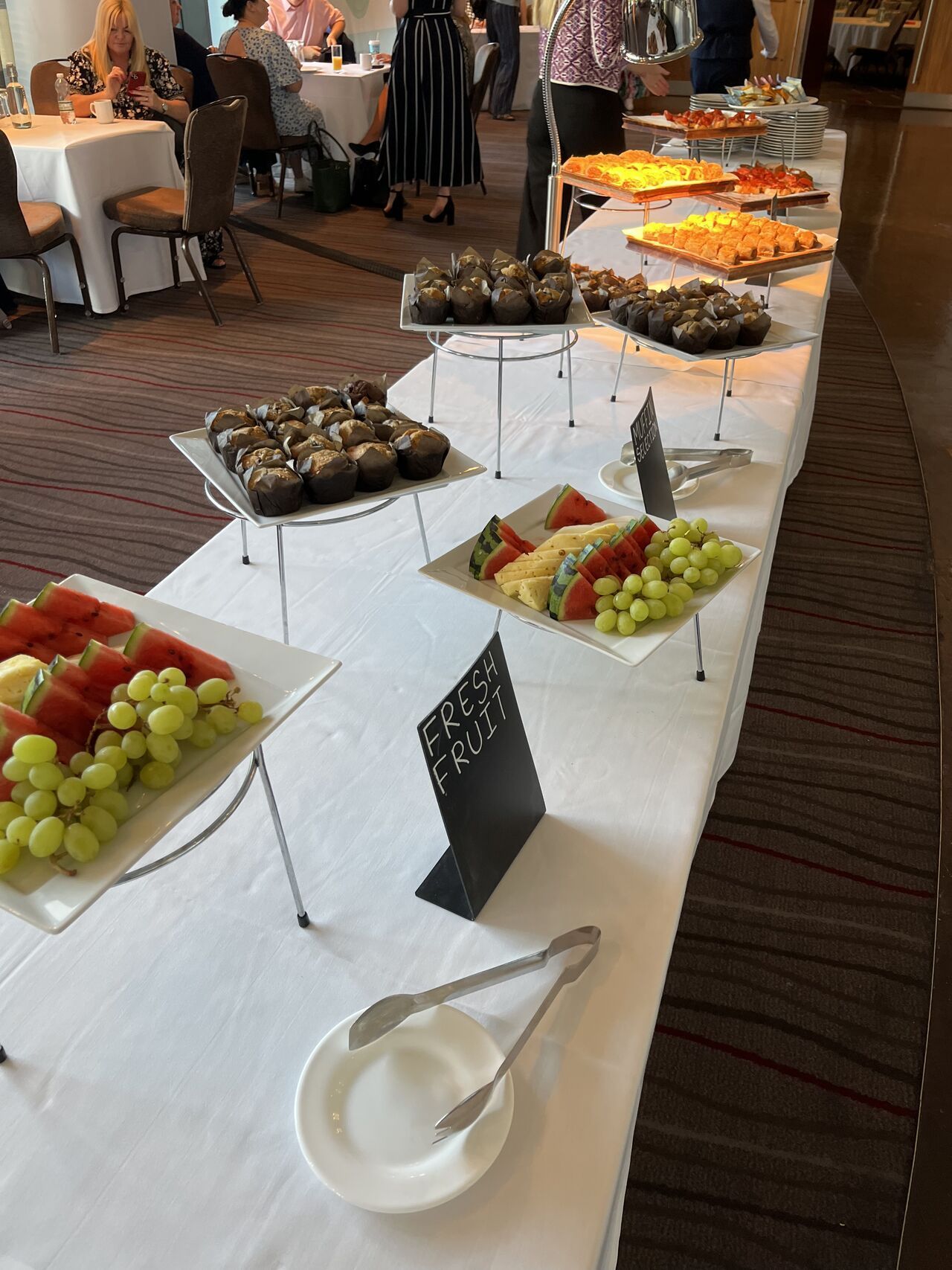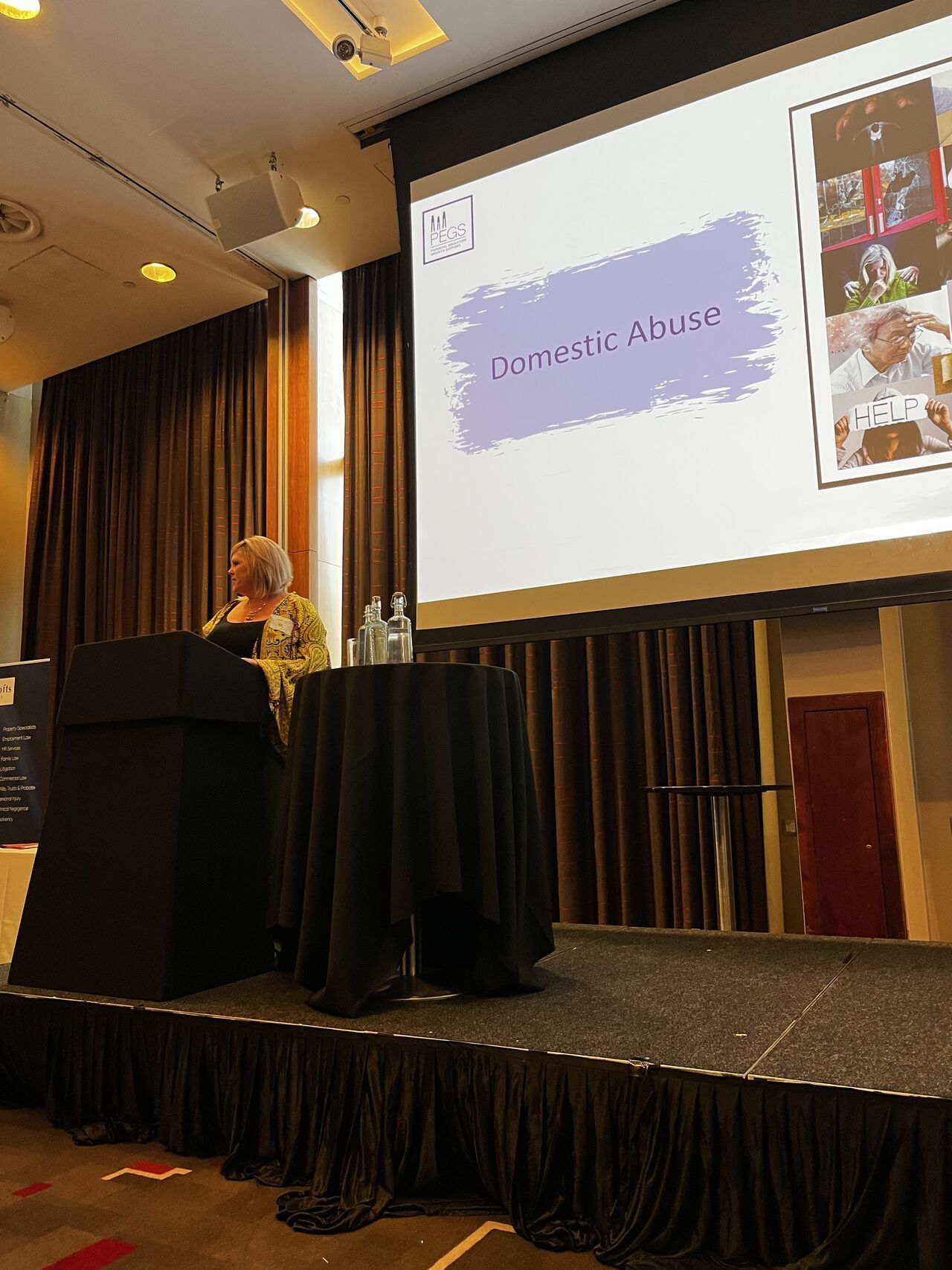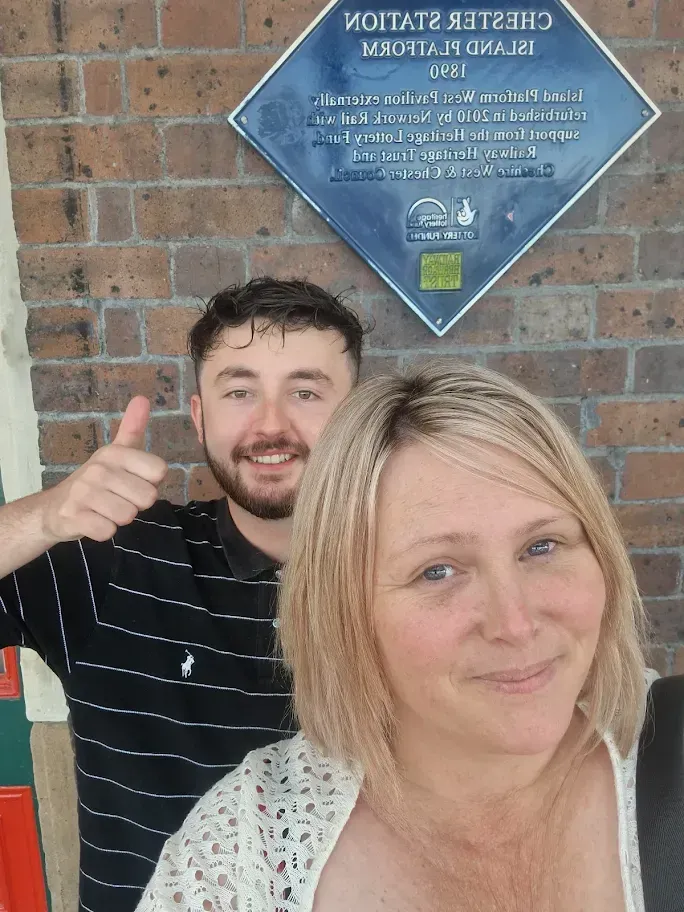Reflections from the Morecrofts Domestic Abuse Conference
Coming Together to Create Change
Last week, the PEGS team had the honour of attending and speaking at the Domestic Abuse Conference hosted by Morecrofts Solicitors—an incredibly insightful and moving day dedicated to raising awareness, sharing expertise and strengthening our collective response to domestic abuse.
With a history dating back over 200 years, Morecrofts Solicitors is one of Liverpool’s oldest and most respected law firms. Known for their commitment to both professional excellence and community impact, Morecrofts has long supported initiatives that protect vulnerable individuals and families, particularly in the field of family law and safeguarding. Their annual domestic abuse conference is a shining example of their dedication to promoting conversation, action, and change in this vital area.
The conference brought together professionals, organisations and frontline practitioners from a range of sectors, all committed to tackling domestic abuse in its many forms. Each speaker offered a different lens into how abuse can affect individuals and families: emotionally, physically, psychologically, financially, and digitally.
From the courtroom to the community organisations and therapeutic professionals, to housing and animal welfare, the day offered a powerful reminder that domestic abuse is a complex issue requiring a joined-up, compassionate approach.
We were truly privileged to be included in the speaker line-up, alongside some of the most dedicated and knowledgeable voices in the sector. Speakers included:
- Refuge, sharing vital work supporting those who experience tech abuse
- Dogs Trust, highlighting how pets can be used as tools of coercion, and how this impacts survivors
- Merseyside Police, offering insight into law enforcement responses and a lived experience overview
- Morecrofts Solicitors, exploring the legal landscape surrounding domestic abuse
- A Consultant Systemic Psychotherapist, discussing the psychology between gender and expectations
- Torus Housing, focusing on housing support and safety
- And the powerful voice of lived experience advocate Molly Taylor
At PEGS, we were proud to contribute by raising awareness of Child to Parent Abuse (CPA).
Being able to speak about CPA among such passionate and informed professionals felt like a vital step forward. Throughout the day, one theme stood out clearly: the need for collaboration. Domestic abuse doesn’t sit in one service, one system or one experience—it’s a societal issue that requires us to work together, listen closely and push for change across every level.
We left the conference feeling hopeful, energised and reminded of the power of connection. A heartfelt thank you to the Morecrofts team for creating space for these essential conversations and for bringing people together with a shared purpose.
Together, we can, and will create change.


